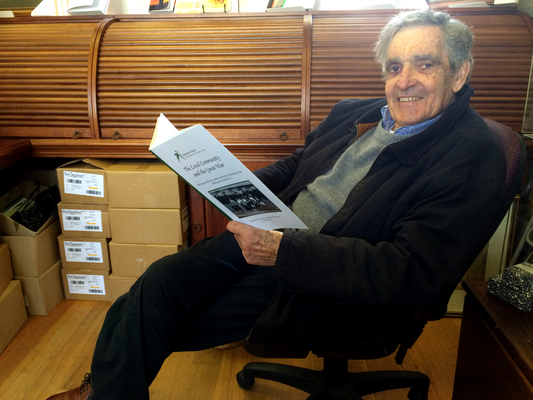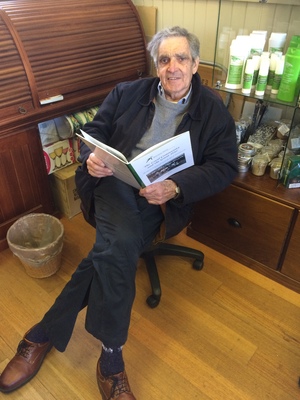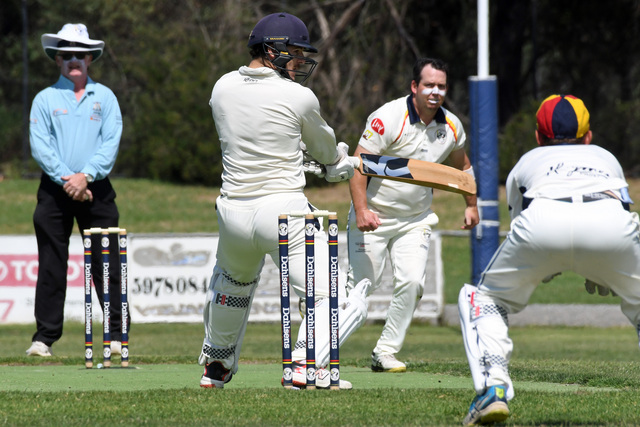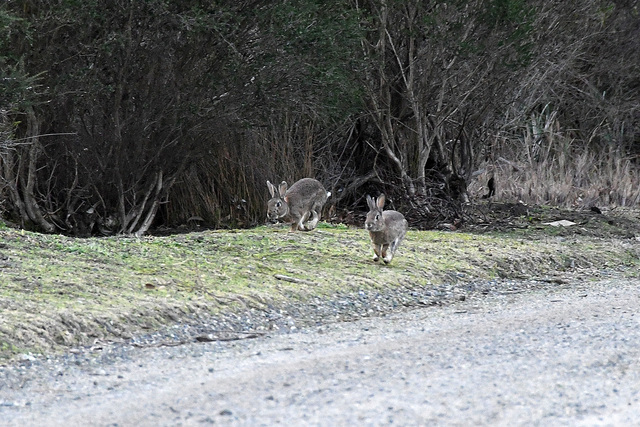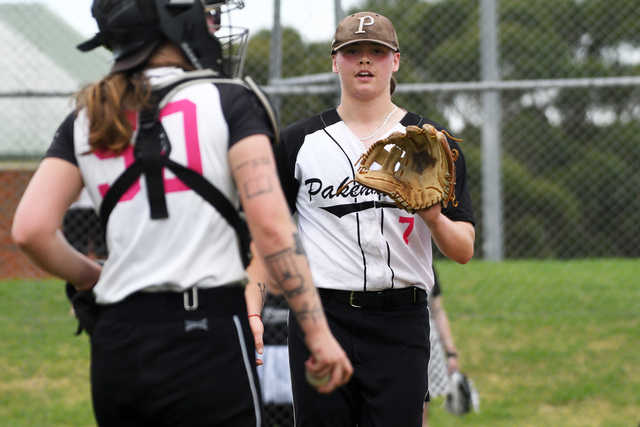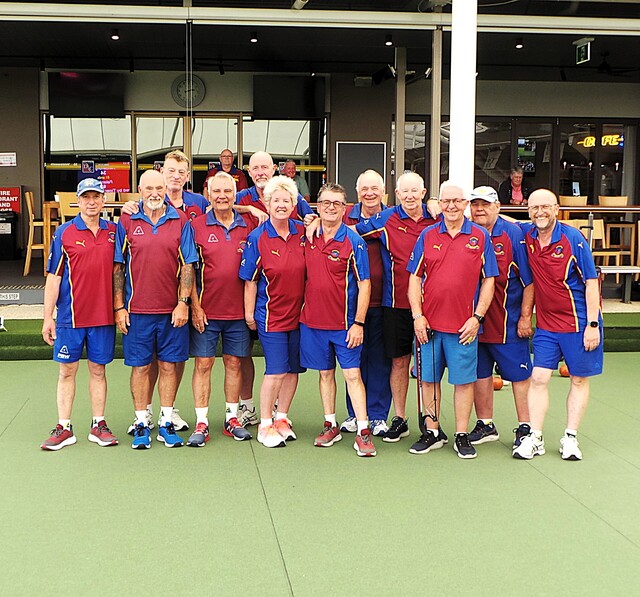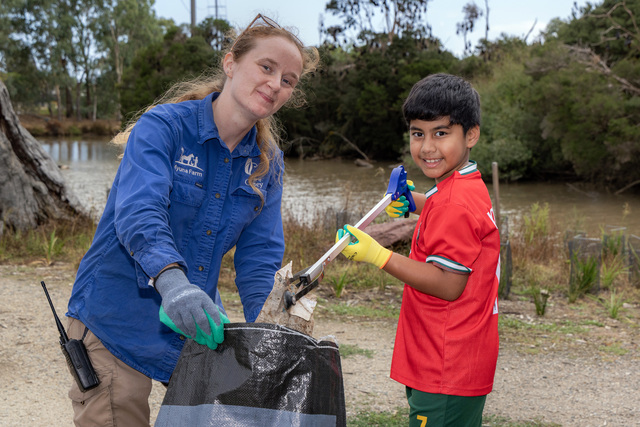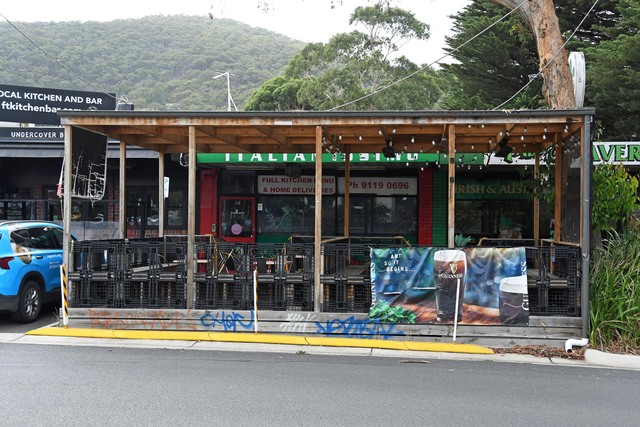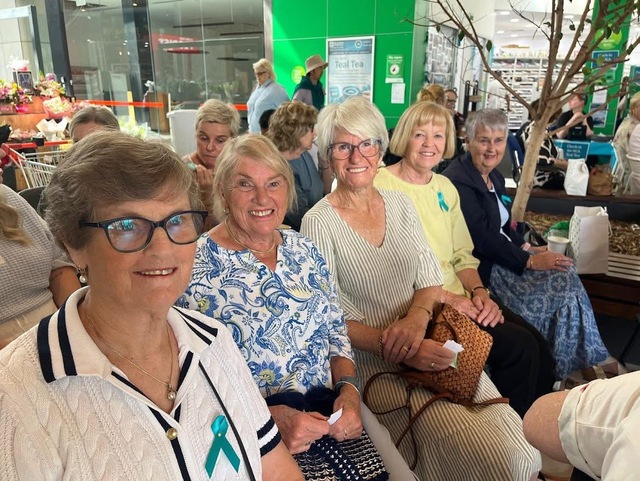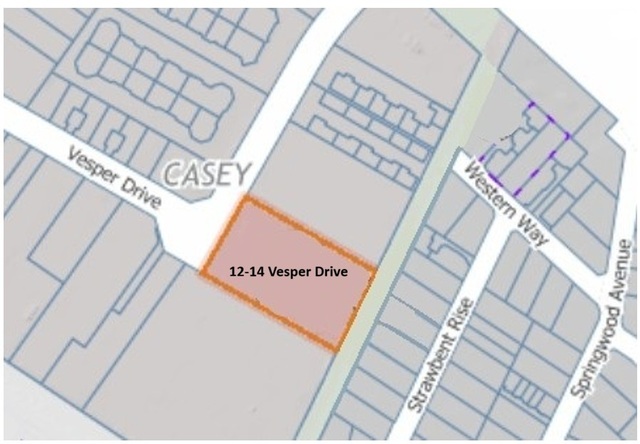By ALANA MITCHELSON
A BERWICK resident has published a booklet, documenting media reports across Casey and Cardinia throughout the Great War.
Ian Good, who has lived in the region since 1989, spent months sifting through old newspaper clippings from the old six-page Berwick Shire News and the Pakenham-Berwick Gazette from 1917.
‘The Local Community and the Great War’ captures the war effort of the region – particularly Berwick, Pakenham, Harkaway and Beaconsfield – and the impact on those small communities.
“The local football team was decimated. They lost many of their members; it must have been shattering. The footy seasons were virtually abandoned,” Mr Good recollected from his research.
“It was amazing to see what the younger boys did. When their fathers and older brothers left for the war, many of them had to leave school to work on the farms. Most boys did not get an education beyond Grade 8.
“They would collect anything they could get their hands on to sell – bones, fat, wool from the fences and scrub, iron and kerosene tins. They snared and skinned rabbits, trapped foxes, caught fish, dug gardens, cleared tracks, caught horses, swept schools and cleaned chimneys.
“Schools also did their part to assist with the war effort, holding fund-raisers and competing with other local schools to raise the most money.”
Enlistment numbers were strong in the region, particularly Beaconsfield which claimed to have been one of the best in all of Victoria, he said.
Mr Good said conscription had been fully supported, and described the local shire as having been “very patriotic”.
One area of particular interest to Mr Good was the role of women at the time and their war effort.
“I came across a photograph of the original members of the Berwick Red Cross unit from 1914,” he said.
“They organised races, stalls and horse events at the show grounds and as more servicemen returned home, the Red Cross as well as community associations and local sporting groups took on the role of providing hospitality and entertainment for the many troops who were brought to Berwick and Beaconsfield by coach or train at weekends.”
Mr Good expressed his disappointment for the delay in media reports, acknowledging the significance of Gallipoli.
“The importance of Gallipoli wasn’t really understood until about June. People didn’t realise how important it was being the first real commitment of Australian troops,” he said.
“In my research, I didn’t come across any anti-war feeling. I don’t think your average Australian at the time would have thought about it like that.”
Launched on Heritage Day last month at the latest National Trust Casey-Cardinia branch, the booklet will serve as a historical record, detailing the lifestyle, interests and values of the people in these small settlements and catalogue responses to the challenges and harsh realities of war time.
Copies are available from the National Trust Heritage Centre at Pioneers Park, Berwick Newsagency and Mechanics Institute Library, Berwick.


